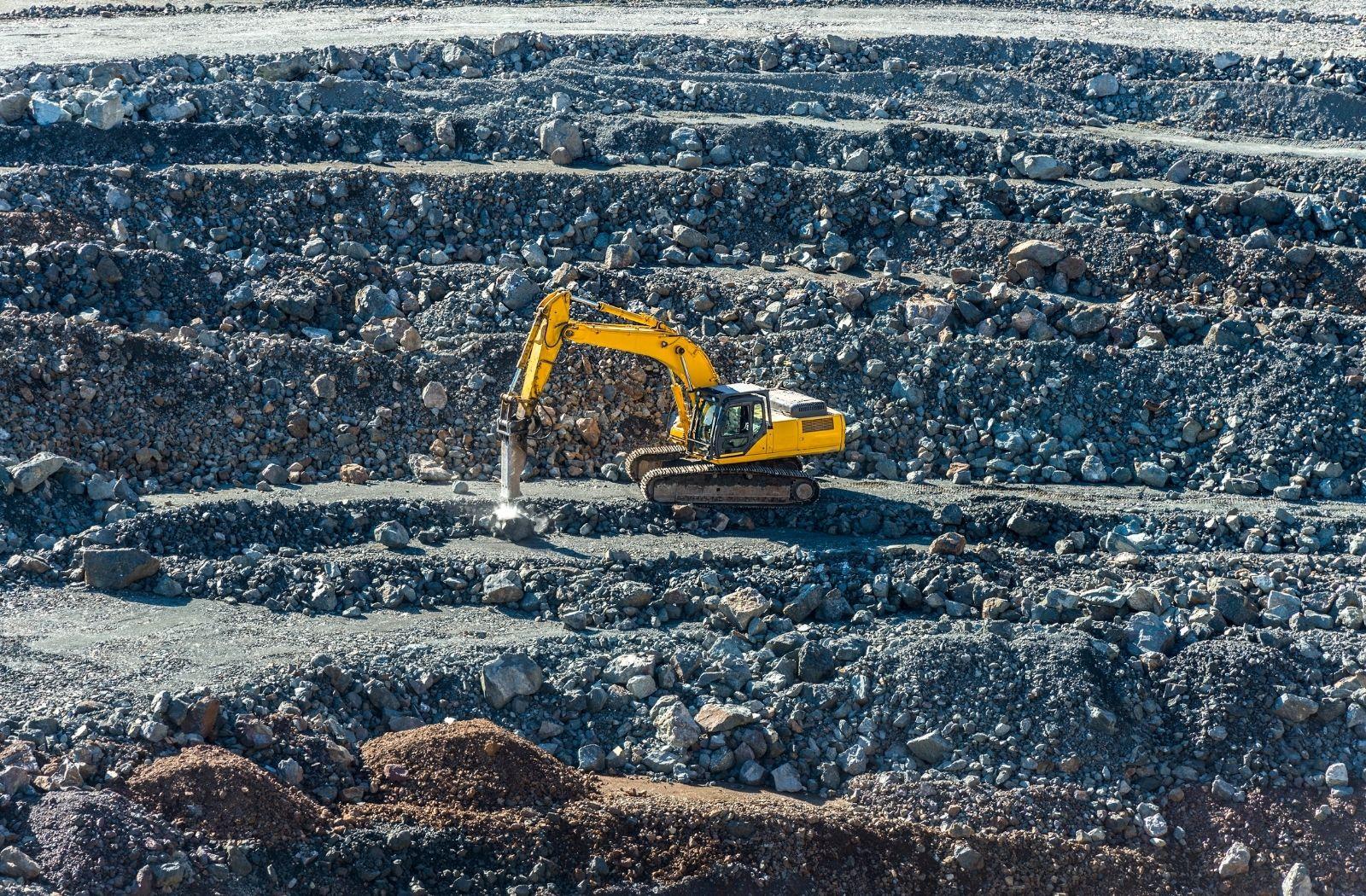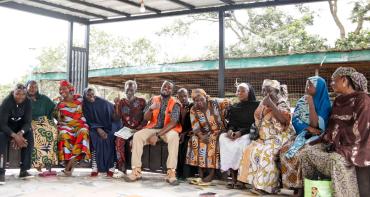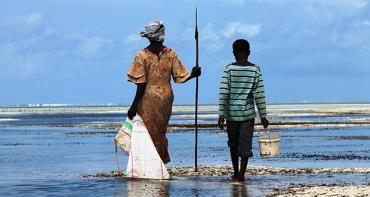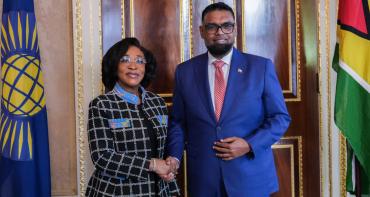By Naadira Ogeer, Head of Energy and Natural Resources; Kartikeya Garg, Assistant Research Officer, and Chilenye Nwapi, Legal Adviser for Natural Resources, Commonwealth Secretariat.

The global transition to a low-carbon economy is driving an extraordinary demand for critical minerals, expected to increase almost fourfold for some minerals by 2030 and over 1,500% by 2050. Minerals, such as copper, lithium, nickel, cobalt, graphite and rare earth elements, are being used in manufacturing renewable technologies, including solar panels, wind turbines, batteries and green hydrogen products.
According to the International Energy Agency (IEA), the market value of critical energy transition minerals doubled to US$320 billion in the period between 2017-2022.
Critical minerals offer a once-in-a-lifetime opportunity
At a time of limited fiscal space, increasing debt, and dwindling development funding, this surge in demand for critical minerals could be a once-in-a-lifetime opportunity to accelerate socio-economic development across the Commonwealth. Many Commonwealth member countries have vast critical mineral resources, presenting significant opportunities for trade, investment, and industrialisation.
Realising this potential, however, is not easy.
The global mining industry has been beleaguered, often blamed for not delivering tangible benefits to the communities and countries where mineral resources are found. Incidents of unfair deals and mismanagement of volatile mineral revenues have also led to serious economic problems and unsustainable debt. It can also be fertile ground for corruption, conflict, environmental disasters, and human rights abuses.
Vulnerable groups, including women and Indigenous Peoples, tend to bear the brunt of these negative impacts yet they are often not effectively engaged. They also have fewer opportunities to participate and benefit from any mining activity.
Rising demand for critical minerals will likely cause further strain on mining communities and potentially exacerbate these pre-existing issues.
Before the recently held Commonwealth Trade Ministers Meeting, the Secretary-General, Hon Shirley Botchwey, penned an opinion piece touching on this issue. She wrote:
“We are developing common standards for ethical extraction, environmental protection, and community benefit. As global demand rises, we must ensure our resources are developed in a way that is both competitive internationally and fair to local communities — avoiding practices that exploit them.”
An enduring natural resources programme
As the Commonwealth Secretariat celebrates its 60th anniversary this year, technical support for promoting the sustainable development of mineral resources has been provided to member countries for almost all of those 60 years.
This remarkable milestone of the Commonwealth Natural Resources Programme was recognised at the 2024 Commonwealth Heads of Government Meeting (CHOGM) in Samoa. Countries noted the growing importance of critical minerals and renewed their commitment to the sustainable use and equitable development of natural resources.
Shortly after CHOGM, in November last year, we convened a high-level roundtable discussion with senior mining officials on “Redefining Critical Minerals: Future Proofing Mining Projects” on the margins of the Intergovernmental Forum on Mining (IGF) Annual General Meeting in Geneva.
Member countries, including Botswana, Cameroon, Eswatini, Fiji, Ghana, Jamaica, Kenya, Lesotho, Malawi, Namibia, Papua New Guinea, Sierra Leone, Tanzania and Zambia, endorsed the technical resources in development at the Secretariat to strengthen mine-approval processes, and advocated for increased technical assistance to countries.
Building on the programme’s rich history of country-led collaborations, we will be directing our collective expertise within the Commonwealth and across our stakeholders and partners, to form a community of practice. We will integrate with existing initiatives for greater efficiency, while avoiding duplication of efforts.
Strengthened capacity across government teams will lead to enhanced decision-making processes, ensuring that critical minerals contribute to sustainable growth and shared prosperity across the Commonwealth.



